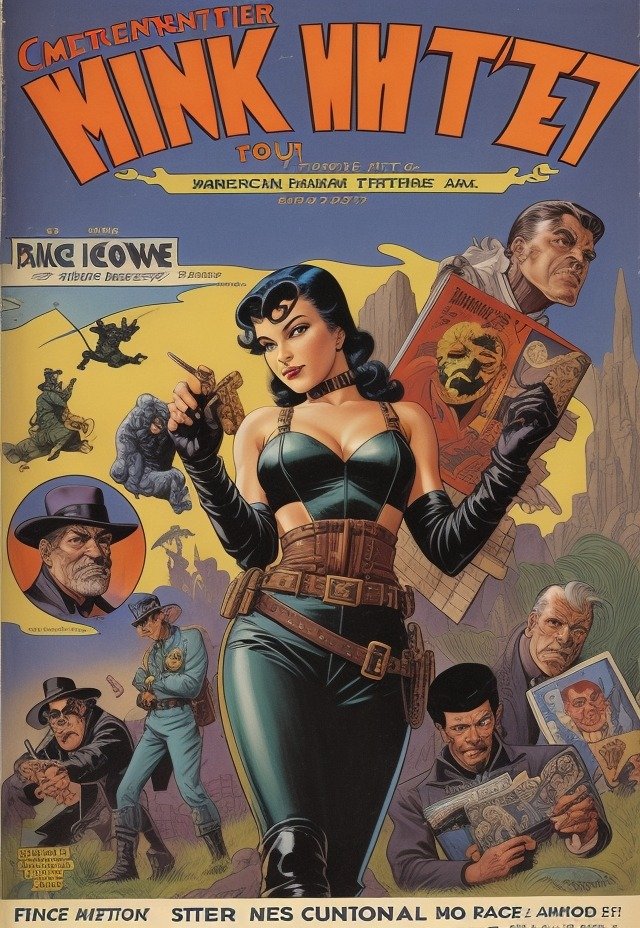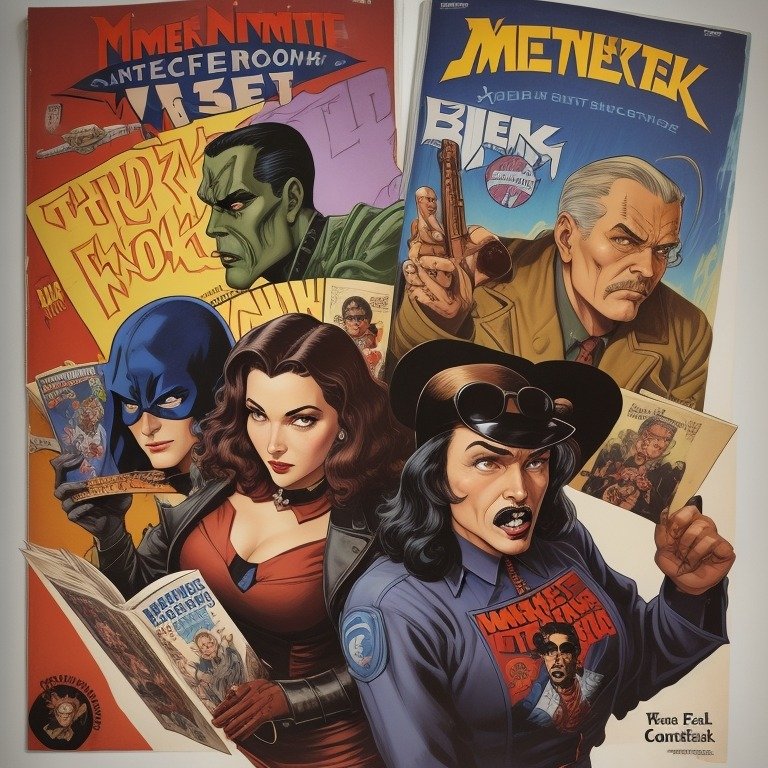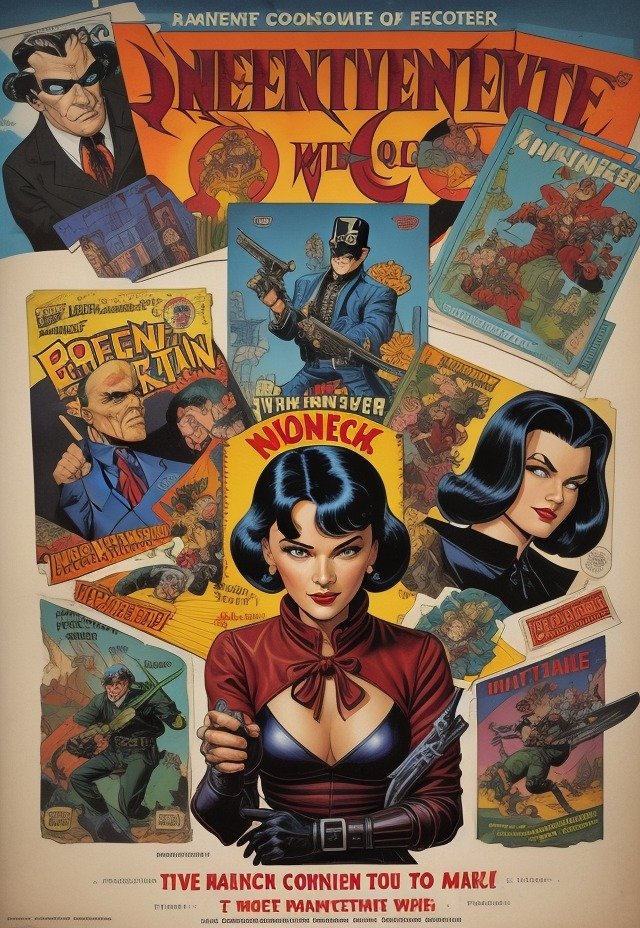Adventure books have a unique power to whisk readers away from their everyday routines and immerse them in exhilarating quests and daring escapades.
These stories of exploration are not just thrilling page-turners—they offer a journey into the unknown that stimulates the imagination and ignites a sense of wonder.
From remote jungles and mystical caves to ancient cities lost in time, the world of adventure books transports readers to places they may never physically travel yet feel intimately connected to through the power of storytelling.
In this article, we’ll embark on a journey of discovery, exploring the allure of adventure novels and why they resonate with our desire to seek the unknown.
The Call to Adventure: Why We Crave the Unknown
Adventure stories speak to our primal curiosity and drive to explore. Whether it’s scaling a treacherous mountain or diving into the depths of forgotten temples, each tale unravels a piece of human nature—the relentless urge to venture beyond the familiar.
An adventure is an event or set of events that occur outside of the protagonist’s everyday life and are usually associated with risk, frequently requiring physical activity.
Adventure stories almost always move swiftly, and plot tempo is just as crucial as characterization, setting, and other creative factors.
D’Ammassa contends that adventure stories emphasize the element of danger; thus, he claims that Charles Dickens’s novel A Tale of Two Cities is an adventure novel because the protagonists are constantly in danger of being imprisoned or killed. In contrast,
Dickens’s Great Expectations is not because “Pip’s encounter with the convict is an adventure, but that scene is only a device to advance the main plot, which is not truly an adventure.“
Since the inception of written literature, adventure has been a prevalent motif.
Indeed, the traditional Heliodorus narrative, which is still alive in Hollywood films, involves a hero having a series of adventures before meeting his woman.
A separation would occur, with the second set of experiences culminating in a final reunion.
Variations kept the genre thriving. Adventure became a popular subgenre of fiction beginning in the mid-19th century, as mass literacy increased.
Adventure, while not fully utilized, has evolved over time, from stories of knights in armor to stories of high-tech espionage.
A Window to Exotic Landscapes and Mysterious Places
Through adventure novels, readers experience breathtaking landscapes and delve into mystical settings that spark their sense of wanderlust. These books often depict the beauty and peril of remote, uncharted places—the dense Amazon jungle, hidden Himalayan valleys, or eerie desert ruins.
Such places are brought vividly to life through descriptive language and meticulous world-building, immersing readers in these mesmerizing locations’ sights, sounds, and secrets.
Example: Lost City of Z by David Grann, a real-life exploration of the Amazon, or The Mysterious Island by Jules Verne, where a stranded group discovers the hidden mysteries of a deserted isle.

Courageous Explorers: Heroes and Heroines of Adventure
No adventure story is complete without its bold explorers, who navigate the thrills and dangers of the unknown with courage, intelligence, and resolve.
These protagonists, whether fictional or based on real-life figures, often face physical and emotional challenges that add layers of depth to their journey. They inspire readers not only with their bravery but with their determination to push through hardship in the pursuit of discovery.
Examples: Indiana Jones, a beloved fictional archaeologist, and Into the Wild by Jon Krakauer, which follows Chris McCandless’s real-life quest for freedom and truth in the Alaskan wilderness.
Riddles, Secrets, and Ancient Treasures
One of the great joys of adventure books is the thrill of solving ancient riddles and unearthing lost treasures. This narrative element often mirrors the puzzle-solving aspect that’s deeply satisfying to readers. As the protagonists work to decipher cryptic messages, they also uncover hidden truths about themselves and the cultures they encounter.
Example: The Da Vinci Code by Dan Brown, a suspenseful blend of historical puzzles and religious mysteries, or The Curse of the Pharaohs by Elizabeth Peters, which combines ancient Egypt’s lore with detective intrigue.
Heart-Pounding Action and Gripping Suspense
Adventure books wouldn’t be complete without moments of intense, heart-racing action. The heroes’ encounters with danger—whether it’s surviving a perilous jungle, escaping from enemies, or braving a harsh wilderness—build suspense that keeps readers turning pages. This tension, combined with high-stakes scenarios, ensures that each plot twist is as engaging as it is unpredictable.
Example: The Road by Cormac McCarthy, a haunting survival journey through a post-apocalyptic world, or King Solomon’s Mines by H. Rider Haggard, featuring a treasure hunt through the wilds of Africa.

The Aftermath: Lessons from Adventure Books
Beyond thrilling escapades, adventure books often leave readers with profound reflections on life, purpose, and the beauty of embracing the unknown.
These tales remind us of the importance of courage, adaptability, and the willingness to embrace risk as a path to personal growth. Adventure literature speaks to a universal truth: only by stepping outside our comfort zones do we truly discover who we are.
Discover Your Next Adventure
For those ready to explore the unknown through the world of adventure books, here are a few suggestions that promise thrilling journeys and life-changing revelations:
1. The Lost City of Z by David Grann – The real-life quest to find a lost Amazonian city.
2. The Alchemist by Paulo Coelho – A journey of self-discovery through the deserts of North Africa.
3. Life of Pi by Yann Martel – A survival tale of faith and resilience on the high seas.
4. Journey to the Center of the Earth by Jules Verne – A classic adventure into the depths of our planet.
Frequently Asked Questions About Adventure Books
What are the best adventure books for travel enthusiasts?
For those with a passion for travel and discovery, adventure books like The Lost City of Z by David Grann and The Beach by Alex Garland offer thrilling journeys into uncharted territories. These novels combine rich storytelling with exotic landscapes, perfect for readers who crave the excitement of exploring unknown places through literature.
Which adventure novels are ideal for fantasy lovers who want to explore mystical jungles and temples?
Fantasy and adventure often blend beautifully in novels like King Solomon’s Mines by H. Rider Haggard and The Mysterious Island by Jules Verne. These books transport readers into dense jungles and ancient temples, filled with secrets and mystical lore.
Ideal for readers who dream of solving ancient riddles and discovering hidden treasures, these novels are a gateway into enchanting, unexplored worlds.
Are there any books that spark a sense of wanderlust and exploration?
Yes, books like The Alchemist by Paulo Coelho and Into the Wild by Jon Krakauer are perfect for igniting that deep wanderlust within readers.
These stories explore journeys of self-discovery and the thrill of venturing into the unknown, offering a glimpse into the beauty of life’s mysteries and the courage it takes to pursue them.
What are some heart-pounding adventure books for thrill seekers?
If you’re looking for heart-pounding action, novels like The Road by Cormac McCarthy and Jurassic Park by Michael Crichton are filled with suspense and high-stakes scenarios. These adventure stories are designed to keep you on the edge of your seat with scenes that test the limits of human resilience and bravery.
Which books are best for exploring ancient ruins and lost cities?
For those intrigued by ancient ruins and lost civilizations, The Da Vinci Code by Dan Brown and Angels & Demons by the same author are popular choices. These books are packed with hidden clues and secrets that take readers on intellectual treasure hunts through time. If ancient history and mysterious puzzles excite you, these novels are must-reads.
By answering these common questions, readers gain insights into the adventure books that best suit their interests, from thrilling survival stories to epic journeys through ancient, mystical landscapes.

Conclusion: Embrace the Thrill of Discovery
Adventure books are much more than thrilling tales—they’re invitations to explore the unknown realms within ourselves. Through daring escapades and exotic quests, these stories inspire us to embrace courage, take risks, and pursue the journeys that ultimately reveal our true selves.
So, if you’re yearning to escape into a world where adventure awaits around every corner, dive into an adventure novel and let the journey of discovery begin.
Further Reading:
- 1. Outriders Africa: Essays on Exploration and Return
- 2. A Cook’s Tour by Anthony Bourdain
- 3. The Right Stuff by Tom Wolfe
- 4. Endurance: Shackleton’s Incredible Voyage by Alfred Lansing
- 5. A Voyage for Madmen by Peter Nichols
- 6. Wild by Cheryl Strayed
- 7. Into the Wild by Jon Krakauer
- 8. Walden by Henry David Thoreau
- 9. The Green Hills of Africa by Ernest Hemingway
- 10. Travels with Charley by John Steinbeck